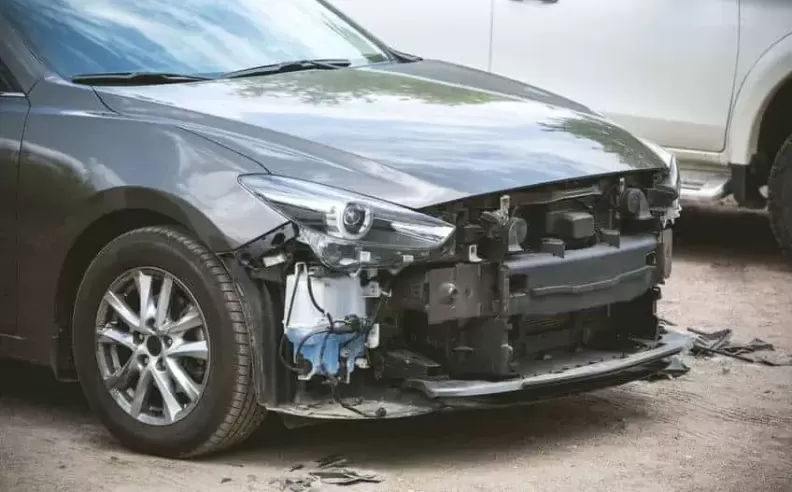Introduction
Jury decision making is a complex process influenced by a variety of psychological factors, particularly in car accident cases. These cases not only weigh the facts of the incident but also involve significant emotional elements and societal perceptions. Understanding how jurors reach their decisions can provide insights for both attorneys and accident law firms. This article explores the psychological underpinnings of jury decisions in car accident cases, emphasizing the role of cognitive biases, emotional responses, and the influence of legal representation.
The Importance of Understanding Jury Psychology
Jury psychology is vital for accident attorneys who represent clients in car accident cases. A juror's background, biases, and attitudes can profoundly influence the outcome legal help for auto injuries of a case. By understanding these psychological dynamics, lawyers can tailor their arguments and evidence presentation, potentially swaying the jury in their favor.
The Role of Cognitive Biases
Cognitive biases refer to systematic patterns of deviation from norm or rationality in judgment, which often affect decision-making processes. Here are some significant cognitive biases relevant to jury decision making:
- Confirmation Bias: Jurors may have pre-existing beliefs about car accidents and drivers. For instance, if a juror believes that reckless driving is the leading cause of accidents, they may focus on evidence that supports this view while ignoring contradicting evidence. Anchoring Effect: The first piece of information presented to a jury often serves as an anchor. In car accident cases, if the opening statement is particularly persuasive, jurors may overly rely on it when making their final decisions, regardless of the evidence presented later. Hindsight Bias: After a car accident, jurors may think they could have predicted the outcome, leading them to favor plaintiffs who appear to have strong evidence. This bias can distort their view of liability and negligence.
The Impact of Emotions
Emotions play a significant role in jury Find a car accident lawyer decision making, particularly in cases involving personal injury claims arising from car accidents. Here’s how emotions affect jurors:
- Empathy: Jurors often empathize with plaintiffs, especially if they perceive them as victims. An effective personal injury lawyer will frame the narrative in a way that humanizes the plaintiff, making the jury more prone to sympathize with their situation. Fear and Anger: A juror's fear of future accidents or anger towards negligent driving can lead to harsher judgments against defendants. If the jury believes that the defendant's actions could endanger others, they may be more willing to impose punitive damages. Compassion Fatigue: Conversely, jurors may experience compassion fatigue if presented with multiple similar cases or excessive emotional appeals. This can lead them to disregard emotional arguments altogether.
The Role of Legal Representation
The effectiveness of accident law firms also significantly influences jury decision-making processes. The quality of representation can heavily sway jurors' perceptions:
- Persuasiveness of Arguments: Well-prepared accident attorneys who can clearly articulate their case and present evidence compellingly are more likely to convince jurors. This involves not only the logical presentation of evidence but also emotional storytelling. Expert Witnesses: In car accident cases, the use of expert witnesses—such as accident reconstruction specialists—can lend credibility to a case. Jurors often place significant weight on expert testimony, especially when it is presented in a straightforward manner. Visual Aids: Attorneys who use visual aids effectively, such as diagrams, photographs from the accident scene, or computer simulations, can enhance jurors' understanding and retention of key information, leading to more favorable outcomes.
Factors Influencing Jury Dynamics
Cultural and social factors also influence how juries make decisions in car accident cases.
- Demographics: A juror's age, gender, socioeconomic status, and cultural background can shape their perspectives on liability and negligence. For example, younger jurors may be more inclined to accept the narratives of technology-based car safety advancements. Group Dynamics: The interplay among jurors during deliberation can significantly impact the final verdict. Strong personalities can sway group opinions, leading to a verdict influenced by dominant jurors rather than a complete analysis of the case. Community Standards: Jurors may also be influenced by prevailing community norms and values regarding personal responsibility on the road. If a community strongly condemns speeding, for example, jurors may lean toward a verdict against a speeding defendant.
The Deliberation Process
The process of deliberation among jurors introduces another layer of complexity, as this phase heavily influences the verdict in car accident cases. Here’s what occurs during this critical phase:

- Initial Impressions: Upon entering deliberation, jurors often share their initial thoughts on the case and their impressions of the parties involved. This can solidify biases and create a momentum that is difficult to change. Discussion of Evidence: Jurors discuss the evidence and testimonies presented during the trial. How they interpret this information can be influenced by personal biases, the framing of arguments, and emotional responses. Consensus Building: Jurors aim to reach a consensus, which can be influenced by dominant voices within the group. The need for agreement may force jurors to compromise their views, leading to decisions based on group dynamics rather than individual judgment.
Conclusion
Understanding the psychology of jury decision making in car accident cases is critical for accident attorneys and law firms aiming to represent their clients effectively. By grasping the cognitive biases at play, the emotional drives of jurors, and the dynamics of group discussions, legal professionals can better frame their arguments and strategies. As the legal landscape continues to evolve, incorporating psychological insights can provide a significant advantage in the quest for justice in car accident cases.